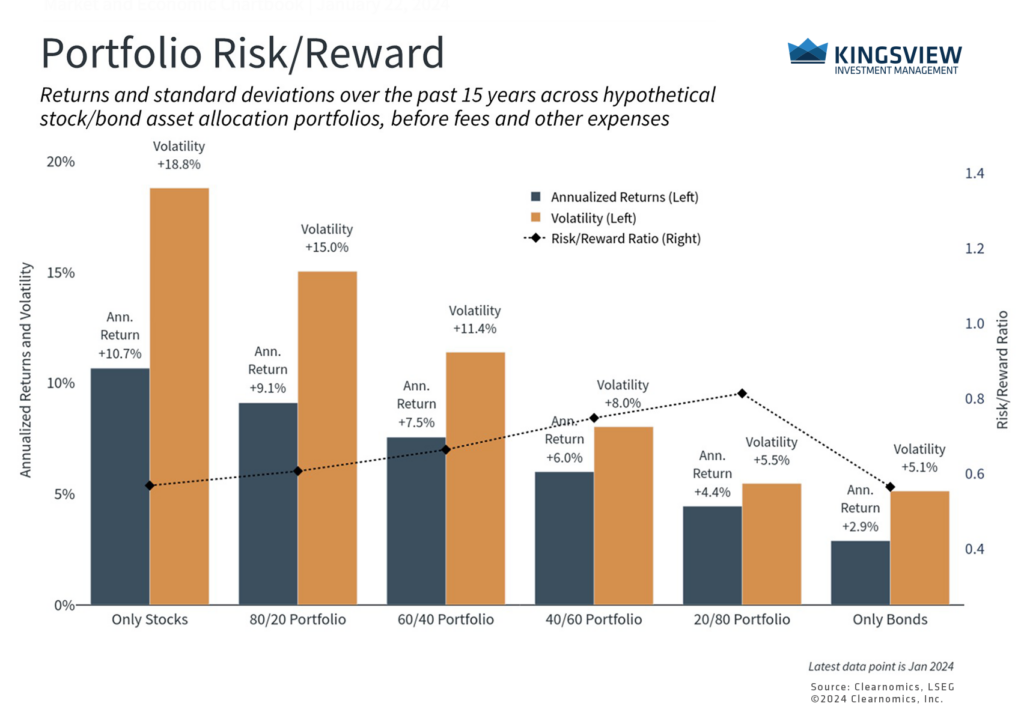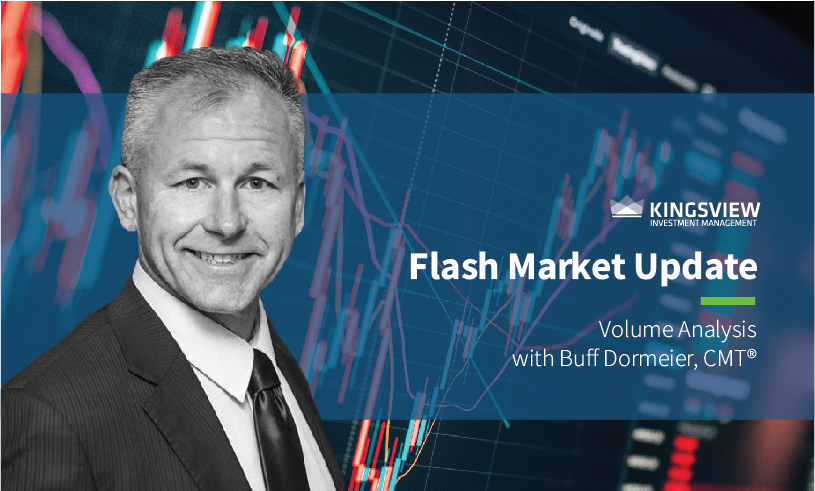Portfolio Manager Insights | What the SEC’s Bitcoin ETF Approval Means for Investors — 1.24.24

The S&P 500 has reached a new all-time high, coming full circle in just two years, despite growing uncertainty around the economy, the path of Fed rate cuts, and rising interest rates. Outside of traditional asset classes, Bitcoin also reached its highest level in two years recently following last year’s run up. This has been fueled by the broader rally in risk assets and the recent approval of Bitcoin ETFs by the U.S. Securities and Exchange Commission (SEC), the primary regulator of financial markets. Why did the SEC approve these ETFs, what were their concerns, and what does this mean for everyday investors?
Bitcoin has become a household name as the most well-known cryptocurrency (sometimes referred to as a digital currency or digital asset). For purists, cryptocurrencies hold the promise of a fully decentralized financial system beyond the control of governments and large institutions. For others, blockchain technology enables the frictionless exchange of value across the globe, regardless of who controls the networks. Whether these visions of a future financial system will come to fruition is still unclear. Given these ambitions, it can be difficult for everyday investors to understand and judge the merits of digital assets for their portfolios.
Bitcoin and the stock market have been positively correlated

Regardless of how transformational Bitcoin may or may not be, the SEC’s approval of Bitcoin ETFs has been long anticipated. The impact of these ETFs is analogous to investing in gold since, without the availability of these financial products, investors would need to buy physical gold and store it safely in vaults. Similarly, holding cryptocurrencies requires the use of digital wallets and safely storing cryptographic keys. The latest ruling opens the door for ETFs that hold the “spot” asset – meaning the asset itself, rather than a financial derivative on the asset such as a futures contract. For Bitcoin proponents, the hope is that this increases the accessibility and adoption for both everyday investors and institutions.
What has tarnished the adoption of cryptocurrencies is the wide range of malfeasance in the crypto industry, ranging from poor financial management to outright fraud. This has occurred across large venture capital-backed companies such as FTX to individuals selling digital coins in classic pump and dump schemes. Over the years, these technologies have also led to hype around initial coin offerings (ICOs), non-fungible tokens (NFTs), Web3, and more. Given all of this, it’s not surprising that everyday investors might be wary these investments. These issues, along with a lack of clarity of how these assets should be regulated, delayed the SEC’s decision to approve Bitcoin ETFs.
Other major cryptocurrencies have not performed as well as Bitcoin

So, when it comes to digital assets, nothing is cut and dried. Fortunately, from a long-term investor’s standpoint, Bitcoin can be thought of as another asset with specific characteristics. The question of whether and how much to invest in this asset should be no different than deciding on any stock, bond, currency, commodity, real estate property, etc. After all, the fact that corporate scandals have occurred throughout history and that bear markets occasionally occur do not, on their own, mean that stocks are not an important asset class – just that analysis and risk management are needed. Understanding the potential risks and expected returns, and weighing them against other assets in a properly diversified portfolio, are what matter.
Given this perspective, there are two facts that investors must keep in mind. First, cryptocurrencies have not yet proven to be reliable portfolio diversifiers. In fact, they have often been strongly correlated with the stock market and other risk assets, serving to amplify risk, as shown in the first chart above. In 2023, Bitcoin did gain about 156% but this was a reversal of the previous year’s 62% loss. In other words, this pattern is similar to the stock market’s round trip from the beginning of 2022 to the end of 2023. Unfortunately, Bitcoin would not have helped to offset portfolio volatility during this period.
Higher portfolio returns often come with risks that must be managed

Second, Bitcoin and other digital currencies are extremely volatile. Depending on the period, they can be 5 to 10 times as volatile as the overall stock market which is itself considered to be risky. At the time of writing, Bitcoin is experiencing a pullback from recent highs despite prior enthusiasm around the SEC ruling. This is one reason they are still poor stores of value and thus not substitutes for bonds, currencies, and most commodities. Additionally, while other cryptocurrencies such as Ethereum are volatile, they have also not performed as well as Bitcoin over the past year.
None of this is to say that digital assets may not be important in the future. It’s also not to dismiss that some investors have benefited from cryptocurrency rallies. Instead, recent developments around Bitcoin and cryptocurrencies are a reminder for investors to focus on their overall portfolios rather than individual investments. This is especially true now that investing in these assets is far easier with the approval of Bitcoin ETFs.
The bottom line? When it comes to investing in digital assets, understanding how they affect a diversified portfolio tailored to financial goals is far more important than debating how they might transform the financial system. Investors should remain disciplined and focused on the long run as digital assets and the crypto industry mature.
Historical references do not assume that any prior market behavior will be duplicated. Past performance does not indicate future results. This material has been prepared by Kingsview Wealth Management, LLC. It is not, and should not, be regarded as investment advice or as a recommendation regarding any particular security or course of action. Opinions expressed herein are current opinions as of the date appearing in this material only. All investments entail risks. There is no guarantee that investment strategies will achieve the desired results under all market conditions and each investor should evaluate their ability to invest for the long term. Investment advisory services offered through Kingsview Wealth Management, LLC (“KWM”), an SEC Registered Investment Adviser. (2024)


